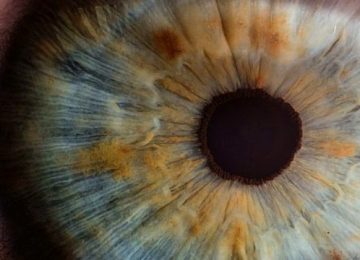What exactly are sleep disorders?
Daytime sleepiness and other symptoms might be caused by sleep problems, which make it difficult or impossible to get a good night’s rest. Everyone has difficulty sleeping at some point in their lives. While it is possible to suffer from a sleep issue if you:
You have trouble falling asleep on a regular basis.
Even though you slept for at least seven hours the night before, you still feel drowsy during the day.
Regular daily activities are difficult or impossible for you because of your condition.
More than 100 million people of all ages in the United States are not getting enough sleep. A good night’s sleep is critical. Sleep deprivation can have a negative impact on academic and professional performance, interpersonal relationships, health, and safety, among other things.
How widespread are sleep problems?
Sleep apnea affects around 70 million people in the United States.
There are how many different kinds of sleep disorders?
About 80 different kinds of sleep problems exist. The following are the most notable:
Insomnia.
A condition known as sleep apnea.
Restless legs syndrome.
Narcolepsy.
How many hours of sleep every night are required?
At least seven to nine hours of sleep is generally recommended for adults, but some people require more and others less.
According to the Sleep in America survey conducted by the National Sleep Foundation, adults (18-54) sleep an average of 6.4 hours on weeknights and 7.7 hours on weekends. Over the last few years, the poll found, Americans’ average amount of sleep has been dwindling. People who get less sleep are more likely to spend their evenings on the internet or to take their work from the office with them.
Older adults (aged 55 and over) sleep an average of seven hours per night on weekdays and 7.1 hours per night on weekends, according to the National Sleep Foundation. Older folks’ sleep is frequently disrupted by the urge to use the restroom and physical pain.
Children’s sleep patterns have also been found to be deteriorating. The amount of time one should spend in bed depends on their age. According to an earlier Sleep in America poll, children’s real sleep time was 1.5 to two hours less than recommended. Caffeine usage robbed youngsters of three to five hours of sleep per week, while having a television in the bedroom added another two hours.
A person’s health suffers as a result of little sleep.
Sleep deprivation can cause more than simply a sluggish sensation. People of all ages might suffer from memory loss, mood swings, and other mental health problems as a result of sleepiness interfering with their daily activities.
For example, people who don’t get enough sleep have difficulties making judgments; they become irritable; their performance suffers; and they are more prone to car and work-related accidents. As a result of sleep deprivation and obesity, diabetes, and heart disease are more likely to occur.
How common is sleep apnea among adults?
Females are more likely than males to suffer from sleep disorders that cause excessive daytime sleepiness.
Visit smart finil for more information.
















